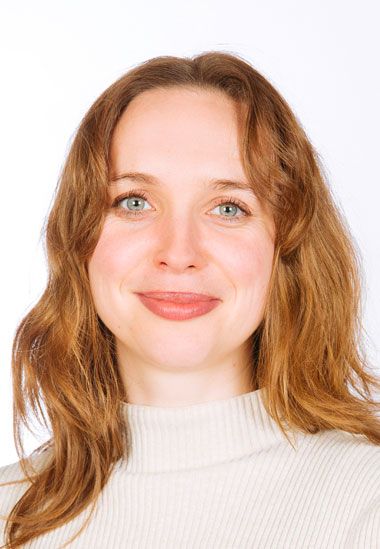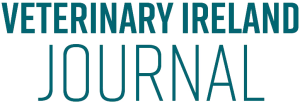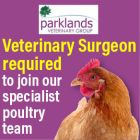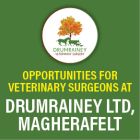UCD Research - April 2025
Tracking food-borne disease
A profile of UCD PostDoc researcher, Amy H Fitzpatrick, who takes a One Health approach to her current work in refining viral metagenomics protocols
In association with


Amy H. Fitzpatrick
PostDoc position at UCD
Amy’s early passions leaned strongly towards creative expression rather than hard sciences. So when it came to filling out her CAO forms for university, she had no idea what she wanted to do. In a last-minute pivot, Amy swapped her top choice from music to nutrition, ultimately landing in UCD’s Food Science programme in 2010. “My degree course was in the School of Agriculture and Food Science, providing a broad education in agricultural sciences.”
Amy went on an exchange to UC Davis in California in 2012 and was exposed to a different education and food system. “It was fascinating to me, both as a scientist and a consumer, to learn how different food labelling regulations operated in other jurisdictions. I interned at the Food Safety Authority of Ireland (FSAI) in 2013 and was placed in the food incidents team working under Dr Martine Brennan. She encouraged me to explore food-borne incidents in greater detail and view situations from a scientific perspective.
“I participated in an outbreak traceability investigation for a Hepatitis A (1A) outbreak. There were many unknowns and technical challenges. Dr Lisa O’Connor suggested I continue to work on the outbreak during my final year dissertation. I read many papers from Dr Charlotte Schultz and her research group in the Technical University of Denmark and decided that I would enrol in their MSc Eng programme and specialise in food-borne viruses.”
Working in Denmark
Amy moved to Copenhagen in 2014 and arrived in Dr Schultz’s laboratory shortly afterwards. “As an MSc student, I participated in many ongoing projects, from wastewater surveillance to food-borne outbreaks. I worked on virus concentration from wastewater samples and wrote my dissertation on quantitative microbial risk assessment as a method to infer dose-response for non-culturable viruses using norovirus as a case study. This framework was presented to the Danish Food Authority and answered some important questions about the impact of imported shellfish on gastrointestinal outbreaks.”
Amy was keen to continue working in food-borne virology and a position arose in the Marine Institute in Galway, working on the surveillance of food-borne viruses (FoVIRA). “While there, I optimised methods for the molecular detection of sapovirus, Hepatitis A and Hepatitis E in food. I also participated in routine laboratory work providing a testing service for the shellfish industry in Ireland.”
Although Amy loved research, she found the routine work monotonous. “When my manager, Dr Sinéad Keaveney, asked if I would be interested in moving to Cork to pursue a PhD on high throughput sequencing, I didn’t hesitate. I relocated in 2019 on a Cullen Fellowship and started my PhD in the Teagasc Food Research Centre in Moorepark.”
Focusing on microbiomes
Amy was placed in Professor Paul Cotter’s Vision1 group where most of the team worked on the microbiome of different environments. “Just as I was ready to start my experiments, we went into Covid-19 lockdown. Professor Cotter suggested that I use the time to write and take on a bioinformatics project. Despite the ups and downs of a pandemic PhD, during which norovirus disappeared (handwashing really does work!), I learnt valuable skills in troubleshooting and maximising research output through well-designed studies.”
Taking a One Health approach
All of these experiences lead Amy to write a proposal for a postdoctoral fellowship from the Irish Research Council. “I had heard Dr Nicola Fletcher (UCD) speak at a One Health conference and was interested in the work her group was doing.”
Amy was awarded the IRC fellowship and currently works on refining viral metagenomics protocols from RNA extraction to RNA virus assembly and annotation for non-clinical samples. “I am primarily interested in using the viral RNA RdRp hallmark gene as a bait-and-capture approach for both novel virus annotation and for capture during metagenomics sequencing.”
Throughout her career Amy has learned that adaptability and curiosity are essential survival skills in research. “Along the way, I have had the privilege of meeting wonderful people, including my partner. While research can be challenging due to its temporary nature, the chance to pursue curiosity-driven work and collaborate with amazing individuals is something I truly value. I am always cognizant of the senior researchers who supported and encouraged my career, and I try my best to emulate their efforts. For now, I am ready for my next big (non-scientific) adventure, becoming a parent of twins.”
In association with


Amy H. Fitzpatrick
PostDoc position at UCD









